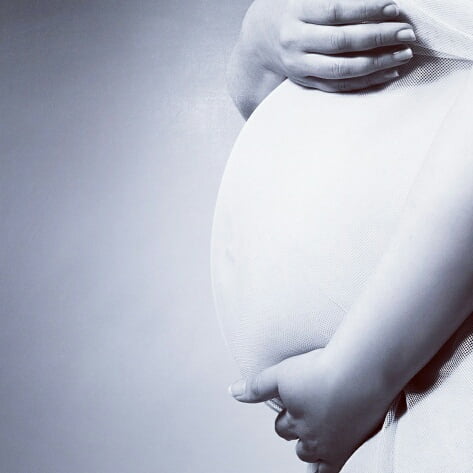Throughout your pregnancy, there will be dozens of aches and pains that become part of your everyday life. In today’s article, I’ll go over the three most common pregnancy pains that you’re likely to experience, and why you don’t have to live peacefully with them.
Backache
Your uterus can expand up to 1,000 times during pregnancy, and the stretching and swelling of the whole process can lead to a lot of strain on your back muscles. This can often affect your sleep and mobility, even leading to sciatica.
Stay away from hard chairs, have hot baths regularly to relax the tension in your muscles, and keep weight gain within the recommended range (25 to 35 pounds) for your size. Joining a prenatal yoga class can also help, as you’ll improve your posture whilst relaxing your body, or even swimming. Sadly, these things become less possible as you have more children as your time is required elsewhere, so if it’s your first pregnancy make the most of having that time available.
Don’t be afraid to consult a professional, though. Physiotherapists regularly treat pregnant women for lower back pain and sciatica. You’ll often be able to look up professionals online to see if they deal with your condition, such as www.northwichfootclinic.co.uk, so you’ll have the total peace of mind that you’re in good hands.
Leg pains and foot swelling
This drove me crackers in my pregnancies. Leg cramps are contractions that usually occur in your calf muscles as a result of either a calcium deficiency, too much phosphorous or a potassium deficiency. To combat this, try staying away from diet fizzy drinks and processed meats, and eat more dairy products that are rich in calcium, as well as foods with high levels of potassium such as bananas or dried apricots. You can also help cramps by improving your circulation during the day, by taking a short evening walk.
Swelling, or edema, in your hands, ankles, and feet is also common, due to the amount of extra fluid building around the body. Try to keep your legs elevated to avoid it building, stay cool, and wear supportive socks and shoes. However, while this is usually nothing to worry about, it is vital that you contact your doctor immediately if you you have a sudden increase in swelling. This could indicate a serious medical condition called preeclampsia (a pregnancy-induced hypertension), which can have dangerous complications.
Sometimes this swelling continues after pregnancy which can be very frustrating but in most cases it clears up.
Headaches
While you’re pregnant, your body goes through a wide range of hormonal and chemical changes that can bring on headaches. What is more, you’ll be more limited in what you can take to treat them. Some of the most common complaints of pregnancy are fatigue and low blood sugar, both of which can bring on headaches and migraines. The hormonal changes can trigger emotional reactions such as stress that also cause headaches.
It’s absolutely vital that you consult your doctor about the type of safe medication that you can take, but you should try to discover the triggers to your headaches. If fatigue is a major cause, take regular naps. Is it stress? Make some time for yourself to do yoga or read and relax, again much easier during the first pregnancy but not always possible in subsequent pregnancies.
I found that sometimes headaches were caused my not being adequately hydrated, so watch out for that too.
Do you have any advice for expectant mothers about how to handle these?


